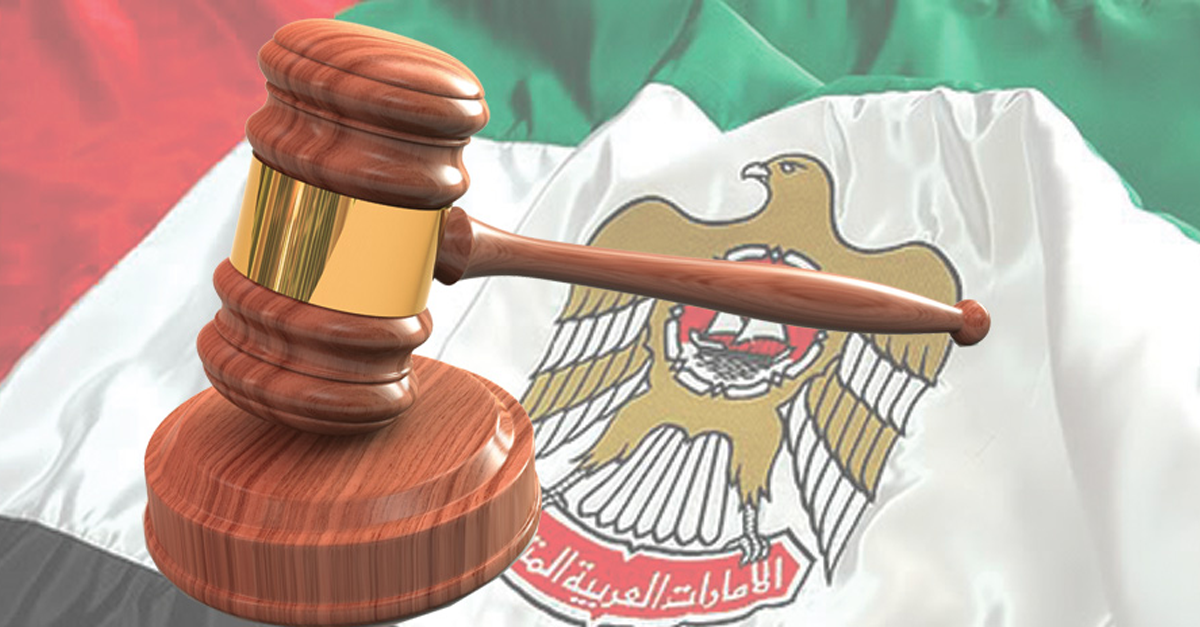Dubai’s legislation to allow non-Muslim expats the right to register a will under international common law is a welcome and positive move. Following on from a similar initiative in Abu Dhabi, the law is a long overdue recognition of the rights of the large number of non-Muslim residents who have made Dubai their home and contributed to its prosperity.
The UAE has taken several initiatives in recent times that reflect the diversity of its resident population and aspire to the highest standards in humanist and progressive thought. As a non-Emirati resident myself, I have found that the culture of Dubai is one that extends a generous and fair welcome to those whose origins are not native to the land but who have made the city their home. I feel the recent legislation surrounding recognition of wills for non-muslim expats is a reflection of the native Emirati culture itself. As rooted in their traditions and faith as the average Emirati is, in my experience the country extends respect and warmth to all those who respect its culture and customs as well.
The ability to create a will according to one’s choice and in keeping with one’s responsibilities is a far more basic and fundamental right than can sometimes be immediately apparent. As a loving parent and family man, I think I can speak for all those who draw satisfaction from creating a better life and opportunities for their loved ones. Although the desire to create, make a contribution to the world and to leave a legacy can be a strong motivation, ensuring the best possible material prosperity for one’s family is an even more intrinsic human aspiration. And despite our best intentions, we have to acknowledge that uncertainties are inherent to our lives. The peace of mind that one gains from having made arrangements to ensure the continued wellbeing of our family is a privilege that all of us deserve to have. By reconciling tradition with the provision of such a basic right, the Dubai administration has proven its commitment to the city’s massive expatriate population.
Prior to the new law, Dubai’s non-Muslims residents had the option to register with the Dubai International Financial Centre’s wills and probate registry, but had limited options in the civil courts. The rights of the relatives of a non-Muslim resident who passed away without registering their will in this fashion would, in the past, have been determined through a Sharia based process. An estate undergoing such a decision would often take quite long to be processed and expatriate residents would often be unfamiliar with their rights under the procedure. Based on what has been reported in the local and regional press, the number of expatriates registered under the DIFC was actually quite small. The much speedier process that the new law is expected to facilitate, is a far fairer and more compassionate outcome for individuals who are already experiencing a tragic and uncertain time in their lives.
Dubai’s expatriate population has certainly benefitted from the city’s large-hearted warmth and the opportunities that it presents for pursuing a prosperous life and their career goals. Whether it is the possibility to get visas for a much longer duration at a time, or new categories, such as the soon to be available extendable retiree visas, Dubai is making it possible for its expatriate residents to have a longer and more substantial relationship with the city. The new legislation creating a process to allow for wills for non-Muslim expatriates under international common law is yet another measure of this nature, increasing the long-term security concerns of expats.
As Dubai boldly and confidently strides towards taking on a new regional and global role, within a world that is reimagining itself at an equally enthusiastic rate, such forward thinking measures create many positives for the city and its residents. The UAE government is working actively towards creating a far more technology empowered and commercially diverse economy. I can already anticipate the kind of metropolis of the future that Dubai has the potential to become. While those who have seen the city’s evolution in recent decades are already impressed by the journey so far, I have a feeling that the sheer dynamism and optimistic attitude of Dubai will enable a future that exceeds most expectations. This is a city that is truly at the cusp of becoming one of the most unique urban environments in the whole world. Given the dawn of such a future, I believe that the Dubai administration has displayed great foresight and vision in seeking to engage so positively with current expatriates and those who will be attracted by the city’s possibilities in the future.
BOX OUT
Ways for non-Muslims to register a will:
- A lawyer can draft a will according to the expatriates’ national laws and specific needs. The will can then be notarised by the testator’s embassy, and then attested at the Ministry of Foreign Affairs in the UAE.
- There is also another option – to have it notarised at the Notary Public of the Dubai Courts for roughly Dh2,250.
- Wills may also be written in English by licensed legal consultants registered with the Dubai International Financial Centre (DIFC) Wills and Probate Registry. The cost for this may range from Dh2,500 and Dh5,000 for a single will to around Dh4,000 to Dh10,000 for mirror wills.
Source: https://gulfnews.com/uae/government/new-dubai-law-allows-non-muslims-to-write-wills-1.2116546

